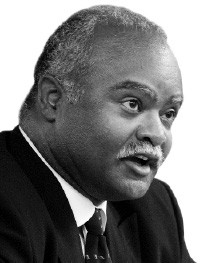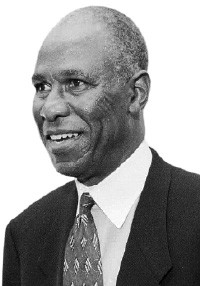Okay, it is the first Monday morning of this thing called Daylight Savings Time, which means I just lost an hour
of precious sleeping time, and I can’t help but think this has corporate greed writ-ten all over it. I’m not sure exactly how, but I know it must. Why on earth else would it be happening? Somehow,
I get the feeling that people in Texas are responsible for this, and that makes it even worse. To think that my life is being controlled by Texas sends shivers up my spine. Or worse yet, it could be Florida. Well, I am revolting (save it, save it). Or at least I would like to revolt. Whatever happened to the spirit of people revolting? Isn’t that how this country was formed, despite the way it has turned out? Wasn’t that what the American Revolution and the Boston Tea Party were all about? What has happened to everyone? I’m not talking about rioting or burning buildings or any other kind of violence, but why should we sit back and take marching orders from people just because they issue them? I was going to stay out of the Memphis Light, Gas and Water fray, just because it seems like such a mundane thing to complain about at this point and just writing or saying something would do no good, but now it is to the point of either paying my house note or having hot water and lights. Yep, I live on the “edge” of a very nice neighborhood, so, of course, I am being totally screwed like so many other people. So my question is, what would happen if everyone who owes MLGW money just simply didn’t pay it for a couple of months? Would they cut off the power of everyone in the city, save for the chosen few on their list of people not to cut off? Do they have the manpower to cancel the utilities of 800,000 people or thereabouts at one time? At least if they did, we would all be in the dark together and they might rethink their billing process. Oh, and speaking of which, have you noticed how they change the monthly billing date at their leisure? For years, mine was during the third week of the month, after the 15th of the month paycheck. Now it comes before that so they can collect a late fee if it’s not paid until after the 15th. I assume this is the case for some of the rest of you. I, for one, would be willing to join in a citywide revolt and not pay and just let them see what happens. Short of that, I want MLGW to call me and let me know when the meter reader will be on site so I can be there to witness it. I want to know how a 1,500-square-foot house with no dishwasher, one resident who is home only at night, and a thermostat that has never once been set over 62 degrees all winter could possibly generate $500 in power in one month. Are my cats turning on the lights during the daytime while I’m at work? (Well, that wouldn’t really surprise me, since they managed to open a window and tear the screen off of it just to sit three feet away from it wondering how to get back in.) I want an explanation, and I want it now. And while we are at it, the ol’ income tax filing time is right around the corner again. I have never been one of those people who thinks taxes are evil in every way, but if the government is going to take money out of my hard-earned income, why shouldn’t I have some say in how it is spent, like when a donor specifies to which charity his or her money goes and how it is allocated. Is one penny of my income tax going to pay the salary of Dick Cheney? Is it helping pay for all of the FEMA trailers to sit unused while people are still living on the Gulf Coast in tents? Does my income tax help make it possible for Condoleezza Rice to have her helmet hair styled? Does it help fund the debate about whether or not our soldiers must be trained and provided with necessary equipment before being sent into battle in a dangerous war that no one evens knows why we’re in? (I almost fell off of the sofa when I heard that there was actual argument about the proper training and equipment.) Because if the portion of my income Uncle Sam is taking from me is actually helping pay for any of that, then I am going to sue someone. I might just be the first person in the United States to hire a lawyer and sue George Bush and Dick Cheney on the grounds of causing me undue emotional stress for being forced against my will to fund the murder of people. Not to mention Condi’s hair. Talk about a crime against humanity.
 Greg Cravens
Greg Cravens  (AP Photo/Wade Payne)
(AP Photo/Wade Payne)  (AP Photo/John L. Focht)
(AP Photo/John L. Focht) 
 Justin Fox Burks
Justin Fox Burks  Jackson Baker
Jackson Baker